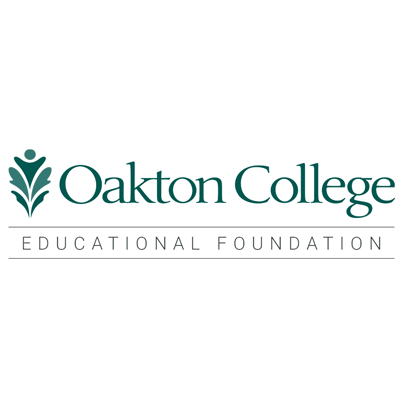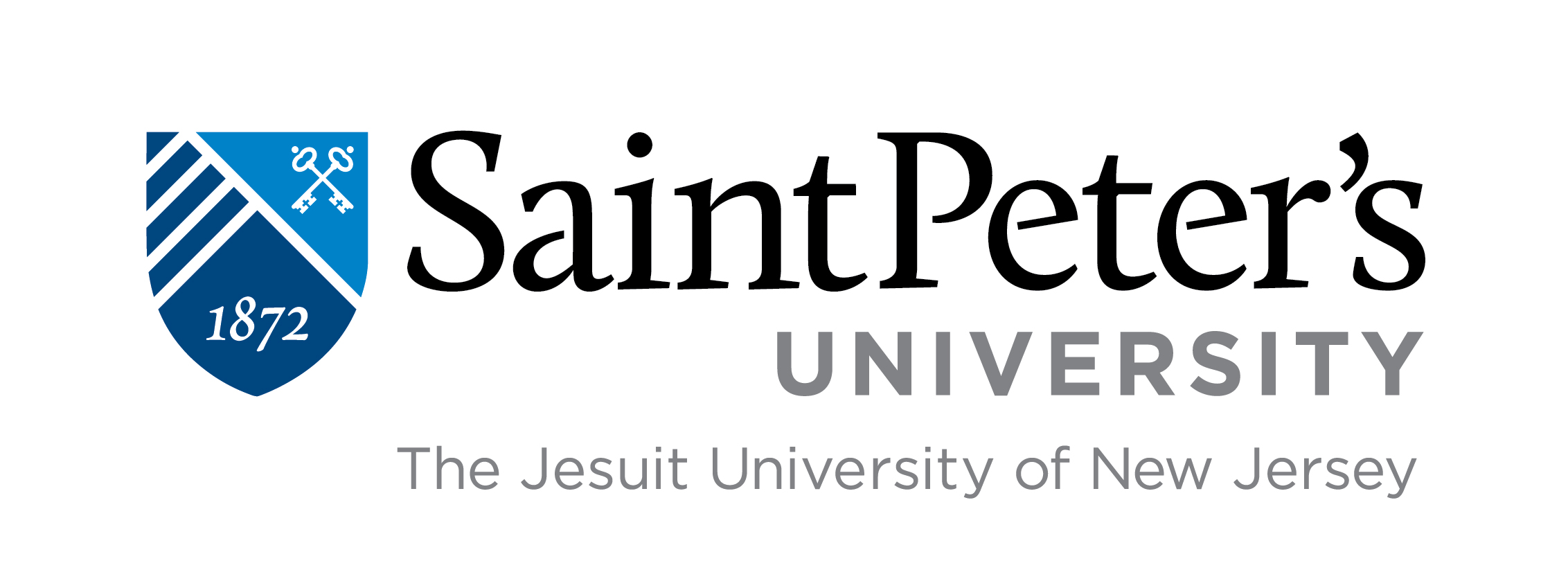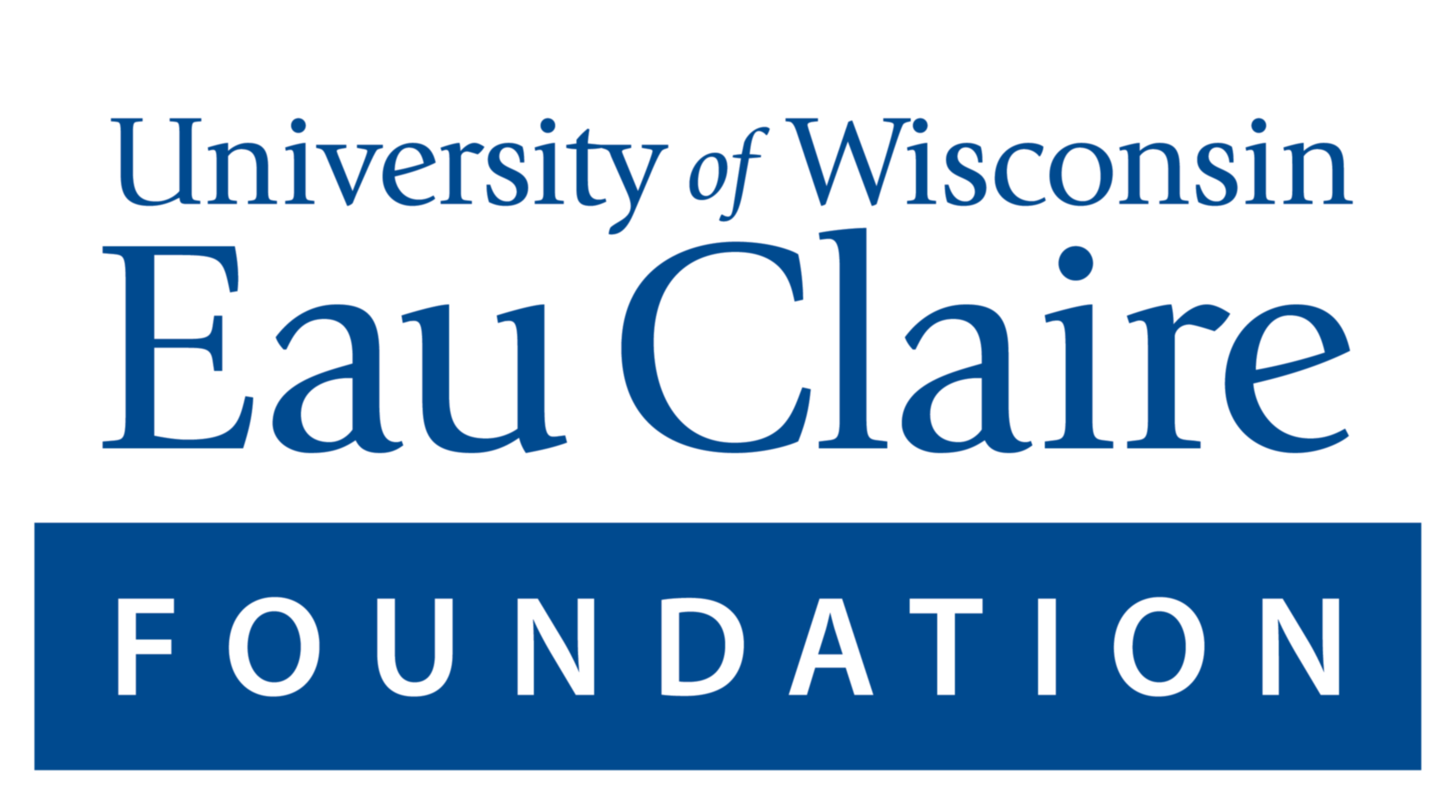
You are viewing the Institution version of this CEO Update. Institutionally Related Foundation and System versions are also available.
It’s never the wrong time to celebrate excellence, and I have two examples to share:
- I am excited to celebrate the 2024 recipients of the John W. Nason Award for Board Leadership.
- I suggest how you can celebrate your institution or foundation through appropriate advocacy.

AGB is proud to share with you the recipients of the 2024 AGB John W. Nason Award for Board Leadership!
Why it matters: Every year, the Nason Award is presented, in collaboration with TIAA, to select higher education governing boards that demonstrate exceptional leadership and initiative, distinct contributions to governance, unusual courage in facing adversity, and significant achievement.
- It is not often that boards can learn about the remarkable achievements of their peers. We hope that showcasing these stories will encourage boards across the world to employ consequential governance practices to take their organizations to new heights and strengthen higher education.
Who they are: Four of AGB’s more than 1,300 member boards were selected by a distinguished panel of higher education experts. These governing boards lead two- and four-year institutions and institutionally related foundations.
This year’s four honorees are:




I invite you to join me in offering a hearty congratulations to our recipients at our upcoming National Conference on Trusteeship, March 26–28.
Understanding Board Advocacy in a Contentious Age
The recent blizzard of media articles about Harvard University and other elite institutions is a perfect example of one of higher education’s biggest predicaments. Pundits are using former Harvard President Claudine Gay’s resignation as an opportunity to question higher education’s leadership, its value to individuals and society, and its purpose. They choose to paint higher education with a broad brush, ignoring the necessary nuance and context that are needed when talking about a varied field like higher education.
Some board members tell me they have a keen interest in “setting the record straight” when it comes to their institutions. Others, wary of overstepping their responsibilities, remain silent. Both groups seek guidance on board advocacy, looking to understand whether it’s a good idea to engage in advocacy, and if so, how best to leverage the strength of the governing board.
Let me be abundantly clear:
Board member advocacy can be a powerful tool in a college or university’s toolbelt—provided it is done thoughtfully and in concert with the chief executive’s plans.
Why it matters: As with other major social institutions such as government and corporations, higher education is facing a trust gap. Critics (in good and bad faith) point to questions about educational quality, the value of a college degree, and the purpose of higher education. Board members must be part of the solution.
- Principle 3 of the Principles of Trusteeship says that effective board members are ambassadors for their institutions as well as for higher education broadly. Board members speak of their institutions with genuine passion and commitment. They often have networks, relationships, and status in the community that staff and faculty do not. They are often perceived as knowledgeable about the organization and its mission, vision, and major initiatives but relatively objective and hence more credible than those who work for it.
For board members considering how they can best engage in advocacy, many of these recommendations can be found in AGB’s FAQ guide on board advocacy:
- Advise and support: Boards should assist administrative leaders in crafting an advocacy agenda and strategy.
- Collaborate and coordinate: Boards should work with the chief executive and senior administrative staff as part of a larger advocacy strategy. One-off emails are unlikely to move the needle.
- Discuss who is the best fit: Boards and senior leaders should work together to determine who on the board can connect with a broad and appropriate cross section of stakeholders to advance the institution’s goals.
It is easy for a board member, however well-intentioned, to contact a high-profile friend or colleague and offer their thoughts, thinking it is a straightforward way to support their college or university. But even a phone call can disrupt the carefully crafted strategies that the chief executive has set forth.
Go deeper with these AGB resources:
- FAQ guide on board advocacy
- AGB’s new Influences on Board Independence and Leadership Toolkit
- AGB’s Principles of Trusteeship
Questions for Board and Committee Chairs:
- In which committee does advocacy belong, or should it belong to the whole board?
- How will you address board members who choose to engage in advocacy outside of the accepted process?
- What written standards and guidelines should be in place to help board members understand their role in advocacy?
Questions for Board Members:
- With which stakeholders and networks could you serve as an ambassador on behalf of your college or university?
- With which groups do you believe the institution should engage more? How can you bring that up with your fellow board members?
Questions for Chief Executives and Senior Staff:
- When is it appropriate to engage your board members in your advocacy campaigns, either internally or externally?
- Does your orientation cover how the board should engage in advocacy and other communications? What guidelines are in place?
Have a terrific February!
RELATED RESOURCES

FAQs
Board Advocacy

Tools and Toolkits
Influences on Board Independence and Leadership Toolkit
![]()
Resource Hub
Principles of Trusteeship

